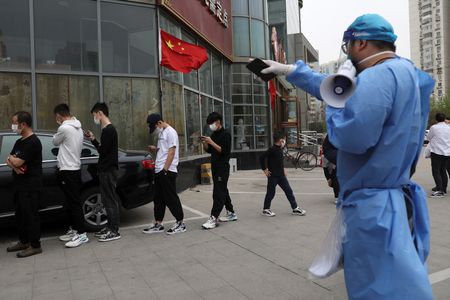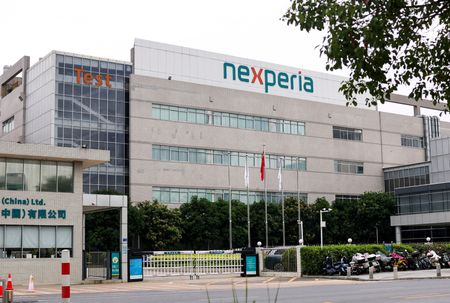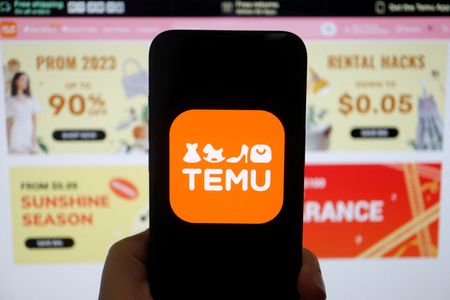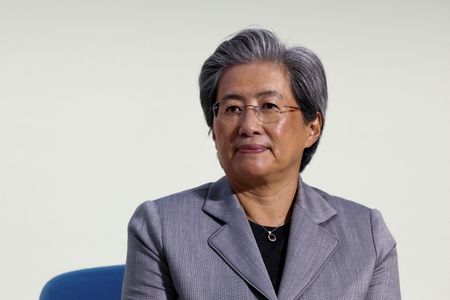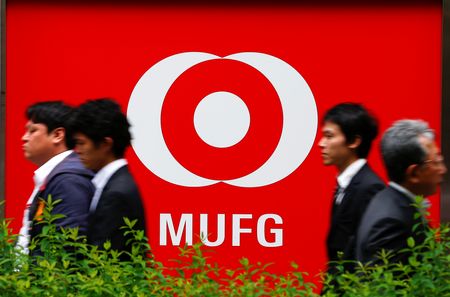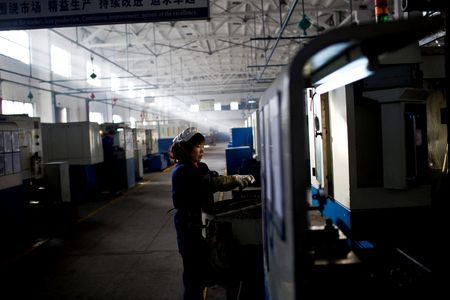By Josh Horwitz
SHANGHAI (Reuters) – The European Union Chamber of Commerce in China said on Monday it had sent a letter to the country’s cabinet detailing how its COVID control measures had disrupted European companies and urged it to revise its policies, such as by allowing home quarantine for some COVID patients.
In a letter dated April 8 and addressed to China’s State Council and Vice Premier Hu Chunhua, a copy of which was seen by Reuters and confirmed by the chamber, the chamber said that the “old toolbox of mass testing and isolation” was not able to overcome the challenges posed by the Omicron variant.
“Current measures taken to try and contain the recent COVID-19 outbreak in China is causing significant disruptions, extending from logistics and production all the way along the supply chain within China,” said the letter, signed by the chamber’s president, Jorg Wuttke.
The letter was not released publicly.
It added that a flash survey from the German Chamber of Commerce in China conducted the week prior showed that 51% of German companies’ logistics and warehousing and 46% of German companies’ supply chains were “completely disrupted or severely impacted by the current COVID-19 situation in China.”
The chamber recommended revisions to China’s epidemic prevention measures, including allowing positive cases with no symptoms or mild symptoms to quarantine at home, and giving the Chinese population access to mRNA vaccines.
China’s State Council did not immediately respond to a faxed request for comment.
“The European Chamber is keeping in touch with the relevant authorities and is looking forward to following up on the contents of the letter at the earliest opportunity,” a chamber spokeswoman said.
China pursues an elimination strategy towards COVID that seeks to test, trace and centrally quarantine all positive cases, and has imposed lockdowns in Shanghai and the northeastern province of Jilin to try to stamp out recent outbreaks.
The lockdown curbs have forced factories either to cease operations or to operate via a “closed-loop” in which selected staff stay on site to keep lines running while outside shipments are restricted.
Even some closed-loop operations have been affected, however, by suppliers shutting.
(Reporting by Josh Horwitz in Shanghai; Additional reporting by Samuel Shen in Shanghai; Editing by Toby Chopra and Edmund Klamann)

